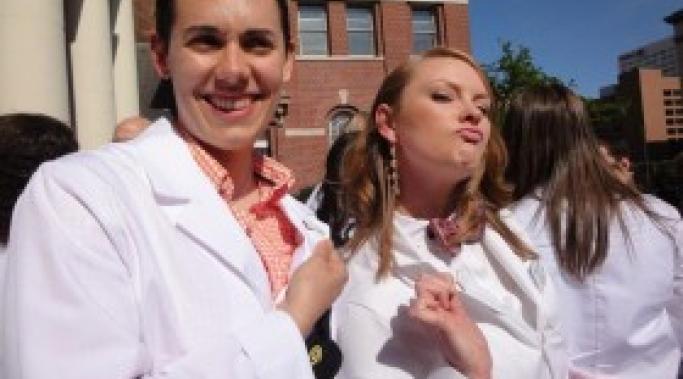Blogs
Yes, it's true. People with adult attention-deficit/hyperactivity disorder (ADHD) have friends. Well, maybe not all of us, because it's certainly a possibility that one person with adult ADHD doesn't have friends. So, let me re-start. Yes, it's true. Many of us with adult ADHD have friends and we can totally use them to our advantage. That statement definitely sounds like I mean for us to abuse our friends, but wait, dear reader, and see what I mean.
Have you ever noticed how it's only BAD news that gets the ratings? And the bad news is SO depressing! Missing Malaysia flight 370, Putin in Crimea, the Pistorius murder trial - and that isn't even the worst of the crappy news.
Surround yourself with positive energy. Good vibes translates into good moods and better health all around.~Unknown
When you enter your home does it evoke a feeling of harmony? Do you feel positive energy flowing through your home? What are you thinking, saying and doing to infuse positive energy in your home?
This is your wake-up call - literally. Running on too little sleep can have detrimental effects on your mind, body, and brain. For years we have known that sleep deprivation was bad for our mental and physical health and now more alarming research has linked lack of sleep to higher stress, low self-esteem, physical health issues, and even brain damage.
After months without a job, I have finally begun a new one that I am extremely excited about. I am working as a Family Worker helping families and children overcome their struggles with poverty and difficult home lives. This really is a dream job in my eyes.
Over the last few months, I had fallen into a deep depression. This depression was something I hadn’t felt since the days I struggled with cutting. Luckily, I didn’t turn to self-harm as a coping skill, but like all recovering self-harmers, the urge was there on a daily basis.
I am a planner and a worry-wort. Due to my anxiety, I always need to have everything planned out in a specific way and I have an extremely hard time when plans change. When I was in high-school, I had my academic career planned out and I had anticipated exactly what was going to happen in the future. I was going to graduate high-school, go to Ryerson University to study Business Management and eventually get a masters degree. Little did I know that I was suffering from mental illness and that my carefully planned future was going to take me in a different direction.
It's hard to believe that this time last year, I was packing my bags and preparing for my third stay at an inpatient and residential treatment center for anorexia nervosa. I had been discharged from my second stay barely eight months before. Today, I'm coming up on nine months out of treatment (a record for me) and am solidly in recovery. So what made the difference?
Like over 40 million people in the United States, I have an anxiety disorder. Two, actually: generalized and social. When living with anxiety, sometimes we're in control. Sometimes, though, anxiety is in control and it seems to chase and overpower us. I recently connected with psychologist and author Dr. Dan Peters, who calls anxiety the Worry Monster. That's apt. Just what does this monster do to people, and can we tame it?
In the last two articles I commented on how combat posttraumatic stress disorder (PTSD) can be transmitted between parent veterans and their children and what combat-related PTSD might look like in the children of veterans. Today, I talk about what a parent with combat PTSD can do to fight its effects in his or her children.
Have you ever felt confused by the psychiatric care of your loved one? If so, you are not alone. Most families are uninformed about the system, what to expect, and who to trust. There are 4 important factors involved in receiving psychiatric care that all families should be aware of.









